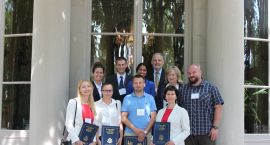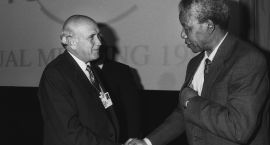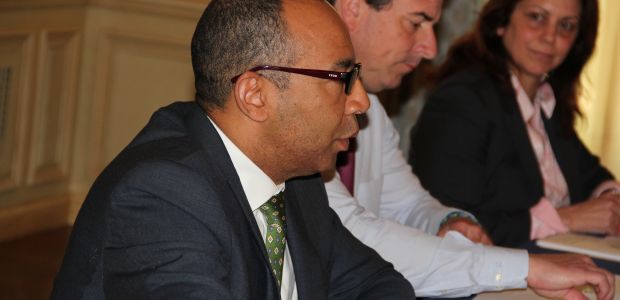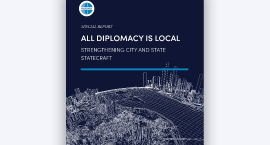“Foreign Policy” – the term itself sounds like an intangible, rigid set of rules and regulations by which governments, ambassadors, and other high-level officials abide. Distant and far removed from everyday life, and sometimes, foreign policy can seem to be just that – especially with the closed door discussions that characterize much of the field. At best, the public only sees these high-level diplomatic meetings, summits, and conferences in the media; at worst, they see cocktail receptions and junkets. Regardless, they very rarely feel as if they participate directly.
The fact is nothing could be further from the truth. Foreign policy impacts every aspect of our lives: the prices we pay in the supermarket or at the gas pump; the security we enjoy while going about our everyday lives in peace; and the new job opportunities that our family and friends can pursue. These are all the outcomes of foreign policy.
And so the question is – why don’t all Americans place great value on foreign policy and diplomacy? It’s hard to connect the dots. That’s why Meridian International Center has joined forces with the U.S. Department of State and Deputy Assistant Secretary of State for Public Outreach, David Duckenfield’s team to explore Foreign Policy Matters: How Diplomacy Impacts Americans.
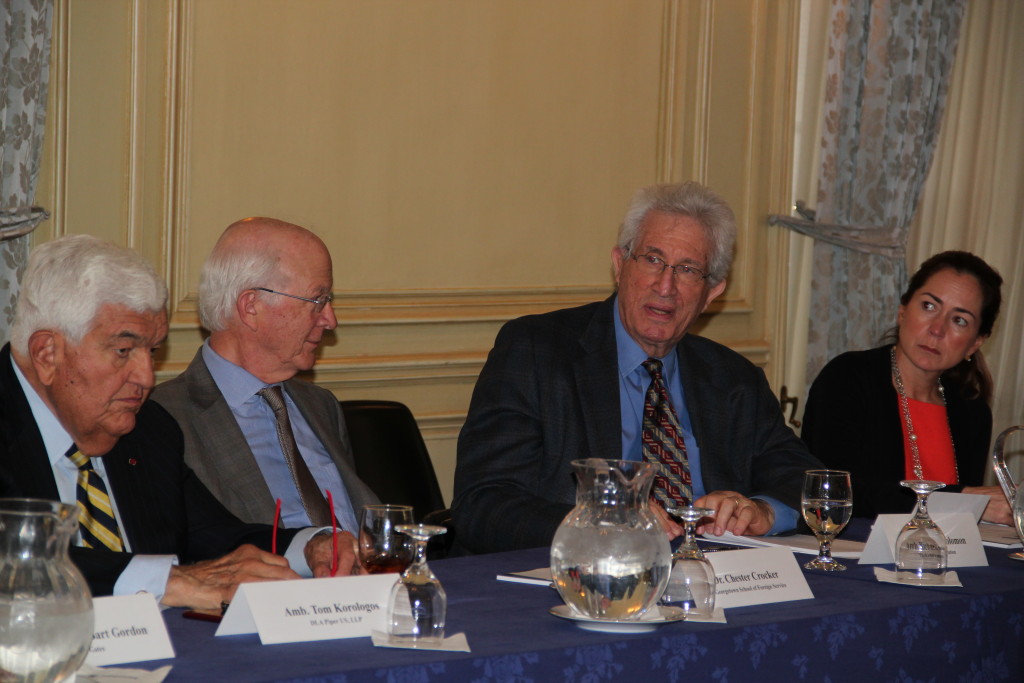
Launching officially on April 28th, this exciting initiative will examine how foreign policy affects the lives of Americans, and look at the real outcomes of diplomacy for people living beyond the Beltway. In collaboration with the Foreign Policy Institute of the Johns Hopkins University’s Paul H. Nitze’s School of Advanced International Studies (SAIS), we hope to connect the foreign policy dots in a tangible way that all Americans can understand and appreciate.
Yesterday’s launch featured exploratory discussions with a number of key stakeholders in the world of foreign policy, global engagement, academia, and international affairs, all of whom are well aware of the importance of foreign policy. However, despite the variety of opinions around the table, all could agree that the “quiet art” of diplomacy is changing, and we have to think hard about how to be most effective.
Dr. Carla Freeman, Director of the Foreign Policy Institute at SAIS said, “As Americans, we are accountable for American policies.” The Meridian Team is very excited about this new initiative and partnering with people across the country to explore the many areas where foreign policy impacts our everyday lives and identify how all Americans can be involved. Our hope is that through this exploration, we will be better equipped to embrace the vast opportunities which foreign policy presents for our family, communities, and countries.
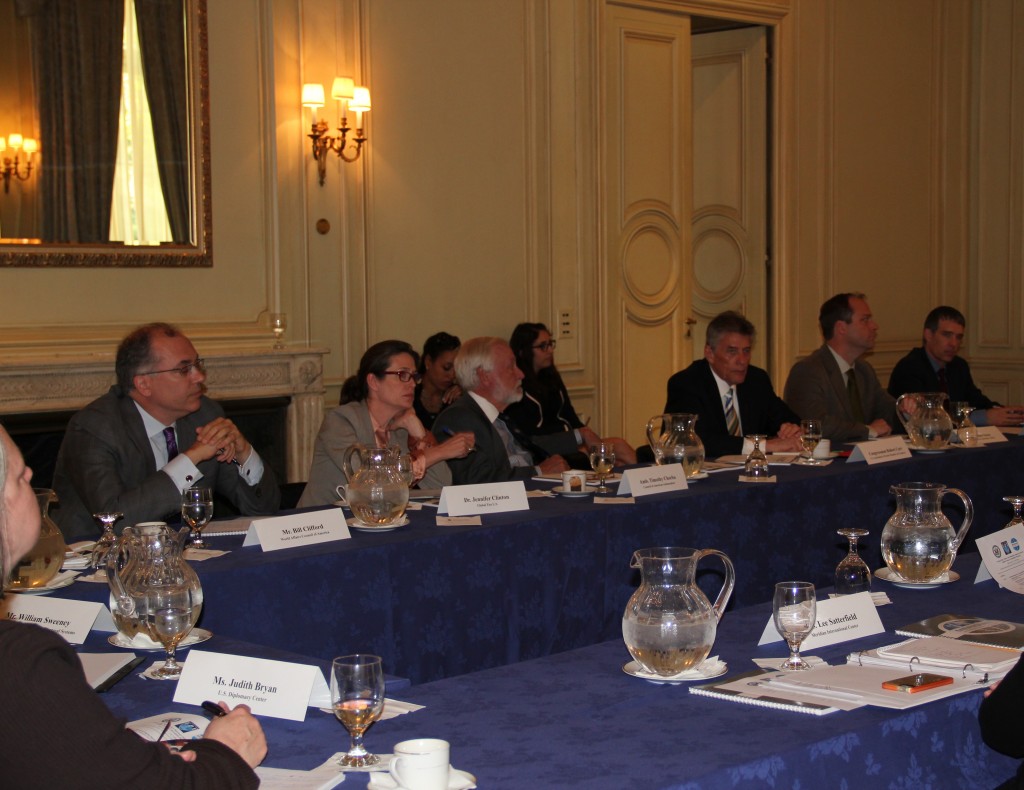
Stay tuned for more updates on the Foreign Policy Matters project on www.meridian.org or follow #ForeignPolicyMatters. Send any comments or questions you have to diplomacymatters@state.gov.









